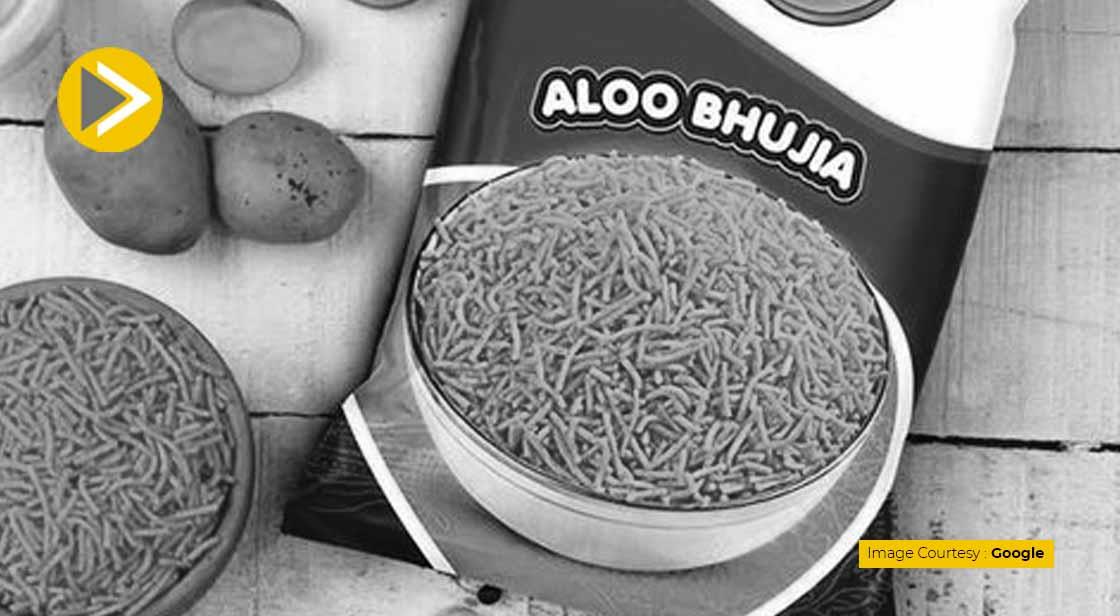Companies Reduce Package Size to Cope up With Inflation

News Synopsis
By reducing the weight of fixed-price items that are popular in low-income and rural areas and are worth about a penny, nickel, or dime, businesses use "shrinkflation" to bring their customers to the table.
Companies such as Hindustan Unilever's Indian division and Britannia Industries, a domestic consumer goods company, and Dabur India Ltd have evolved into a lighter load with the cheapest packaging in the face of rising costs of cooking oil, grains, and fuels.
The situation is not only limited to India only. Restaurants across the USA, including Subway Restaurants and Domino's Pizza Inc, are taking similar steps to reduce their portion size to reduce costs.
Food companies are under pressure from rising cooking oil prices, with Nestle India reporting below expected profit in the first quarter. Sanjay Singal, Chief Executive Officer of the Dairy and Beverages division of ITC Ltd said, "Every category has had inflationary headwinds."
Dabur reduced the volume of some of its products. Britannia has also crossed on 65% of its incremental input cost rises in 2021-22 by reducing packaged weights on their existing price points. HUL also introduced a new size between its 10 and 35 rupee Lifebuoy soap.
You May Like









